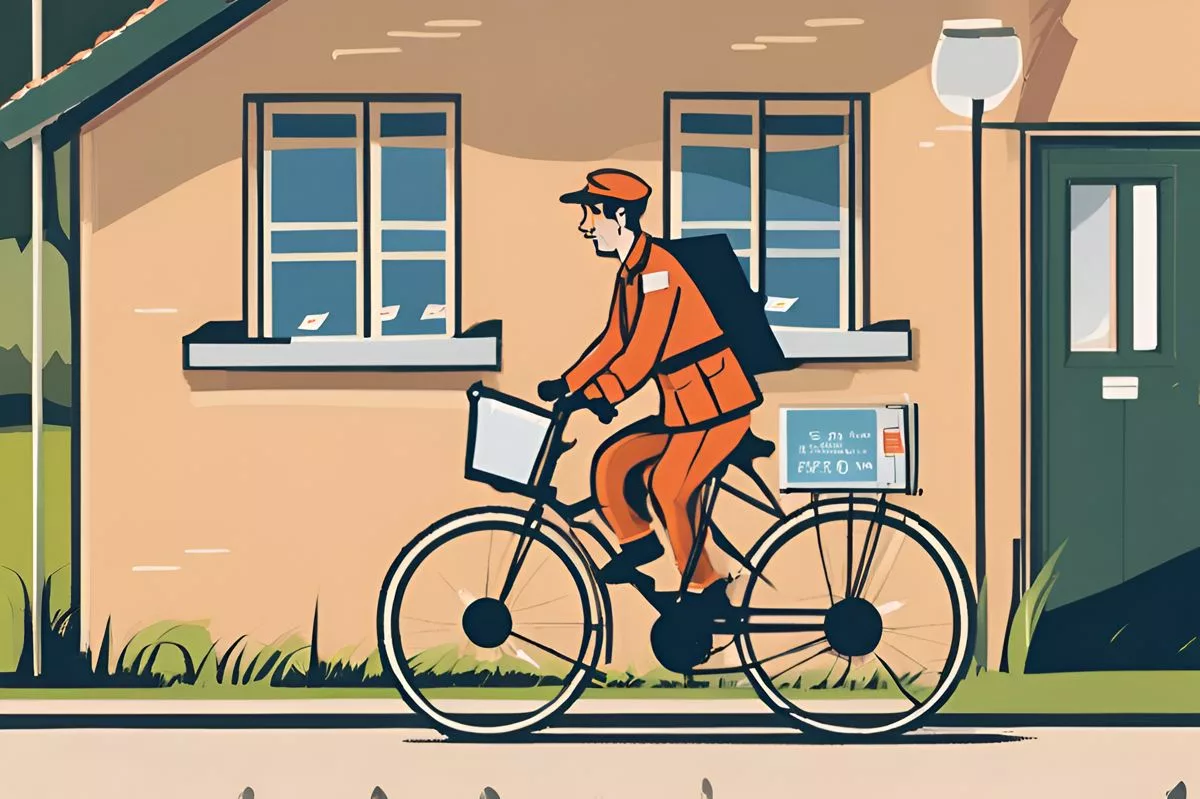The South African Post Office (SAPO) is facing financial collapse and needs an additional R3.8 billion to activate its business rescue plan. The institution has already let go of nearly 4,875 employees and closed 366 branches, with the potential of liquidation looming. The fate of thousands of employees and rural households that depend on the SAPO’s services remains uncertain, and diverse opinions on the matter are being debated by political parties. The SAPO plays a crucial role in communication for many households, especially in rural areas, and the hope is that a path towards survival and renewal can be found.
What is the status of the South African Post Office?
The South African Post Office (SAPO) is facing financial collapse, with a shortfall of R3.8 billion needed to activate its business rescue plan. The institution has already let go of nearly 4,875 employees and closed 366 branches by June 2024. Unless immediate financial actions are taken, the institution could face dissolution. The potential implications of liquidation include a sudden cessation of business operations and loss of jobs for remaining workers. Despite diverse opinions on the matter, the fate of thousands of employees and rural households that depend on the SAPO’s services remains uncertain.
A Critical Institution at the Verge of Financial Collapse
The South African Post Office (SAPO), a cornerstone of communication for numerous households, teeters on the edge of financial catastrophe. The recent disclosure that an additional R3.8 billion is necessary to fully activate its business rescue plan has sparked concerns and posed questions about the institution’s future. With the possibility of liquidation casting a shadow, one can’t help but wonder if the SAPO’s numerous branches across the nation are on the verge of closure.
Over the years, SAPO has been an essential link for communication, especially for rural households where modern communication tools such as Wi-Fi, smartphones, and printers are scarce. However, the steadily depleting reserves, predicted to be exhausted by October 2024, pose a severe threat to these vital services.
Unveiling the Dire Status
The critical status of the SAPO was exposed during a presentation to the Portfolio Committee on Communications on September 3, 2024. Business rescue practitioners, Anoosh Rooplal and Juanito Damons, who were appointed in July the previous year amid growing financial pressure, cautioned that unless immediate financial actions were taken, the institution was on a collision course with dissolution.
The data presented illustrated a bleak situation. The SAPO, which once boasted a workforce of 11,083 across 1,023 branches, found itself forced to let go of nearly 4,875 employees and close 366 branches by June 2024. The financial strategies implemented to prevent the office’s descent into bankruptcy, announced in July 2023, have so far been inadequate.
The rescue practitioners put forward a plan that relies on a state grant of an additional R3.8 billion. According to them, these funds would enable them to cover credit liabilities and handle the remaining severance packages for over 4,000 employees. A significant sum, approximately R2 billion, is allocated for reinvestment into the business with an aim to rejuvenate it from within.
Implications of Liquidation and Diverse Opinions
However, if the state is unable or unwilling to provide the required funds, the road to liquidation – a path fraught with apprehension and uncertainty, becomes unavoidable. If this course of action is taken, the Master of the High Court would step in, appointing a liquidator to manage the process. The potential implications of this scenario are substantial – a sudden cessation of business operations, loss of jobs for the remaining workers, and the auctioning off of assets at forced sale value to repay creditors.
The unstable condition of the SAPO has stirred a range of opinions among political parties. The Democratic Alliance (DA) asserts that the SAPO must first prove its capability to efficiently deliver parcels and mail before expanding its service offerings. The Economic Freedom Fighters (EFF) criticize the situation as a consequence of neglect and financial mismanagement, leading to escalating debt and deteriorating service quality. The Freedom Front Plus (FFP) argues that while a postal service is still crucial for economic activity, the SAPO has reached a state of bankruptcy so severe that it is beyond rescue and should be privatized.
The Road Ahead: Survival and Revival
Regardless of these debates, it is important to remember that at the core of this issue is the fate of thousands of employees and innumerable rural households that depend on the SAPO’s services. The question that lingers is not simply whether the country requires the SAPO, but how its existence can be sustained while continuing to provide indispensable services. The journey ahead for SAPO is littered with hurdles and uncertainties. However, the hope persists that a route towards survival and renewal can be mapped out.
1. What is the current financial status of the South African Post Office (SAPO)?
The SAPO is facing financial collapse and requires an additional R3.8 billion to activate its business rescue plan. The institution has already let go of nearly 4,875 employees and closed 366 branches, with the potential of liquidation looming.
2. What are the potential implications of liquidation for the SAPO?
The potential implications of liquidation include a sudden cessation of business operations, loss of jobs for remaining workers, and the auctioning off of assets at forced sale value to repay creditors.
3. What is the plan put forward by the business rescue practitioners to save the SAPO?
The rescue practitioners put forward a plan that relies on a state grant of an additional R3.8 billion. These funds would enable them to cover credit liabilities and handle the remaining severance packages for over 4,000 employees. A significant sum, approximately R2 billion, is allocated for reinvestment into the business with an aim to rejuvenate it from within.
4. What are the diverse opinions on the situation of the SAPO among political parties?
The Democratic Alliance (DA) asserts that the SAPO must first prove its capability to efficiently deliver parcels and mail before expanding its service offerings. The Economic Freedom Fighters (EFF) criticize the situation as a consequence of neglect and financial mismanagement, leading to escalating debt and deteriorating service quality. The Freedom Front Plus (FFP) argues that while a postal service is still crucial for economic activity, the SAPO has reached a state of bankruptcy so severe that it is beyond rescue and should be privatized.
5. What is the role of the SAPO in communication for households, especially in rural areas?
The SAPO plays a crucial role in communication for many households, especially in rural areas, where modern communication tools such as Wi-Fi, smartphones, and printers are scarce.
6. Is there hope for the SAPO to survive and renew its services?
The future of the SAPO remains uncertain, but there is hope that a path towards survival and renewal can be found. It is important to remember that the fate of thousands of employees and rural households that depend on the SAPO’s services is at stake.












